In the year 2025, despite the endeavours of the UN, WHO, and other world organisations to make the world a safer, peaceful, and healthy place to be, there are a few countries as of 2025 that are high-risk and pose a dangerous threat for anyone looking to travel there. The 10 most dangerous countries to …
WHO
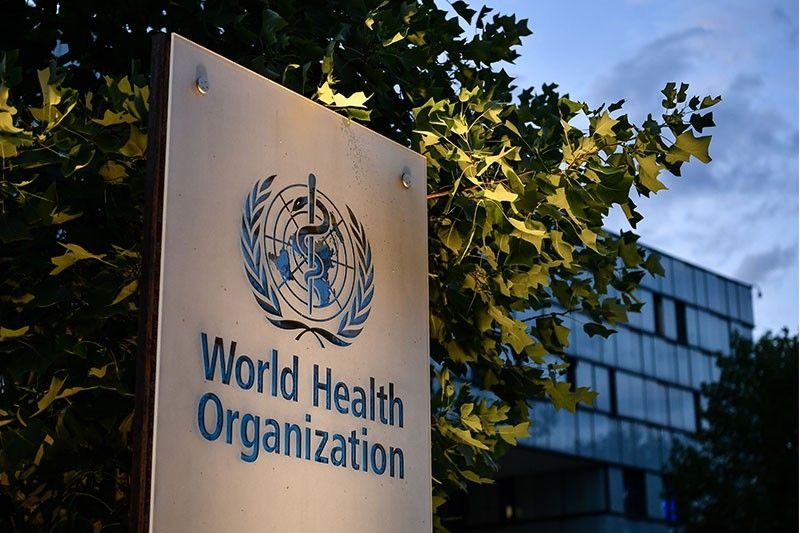
WHO launches plan for free child cancer medicines
The World Health Organization launched on Tuesday a new platform providing cost-free cancer medicines for thousands of children living in low- and middle-income countries, in a bid to improve lagging survival rates. The first medicines were being delivered to Mongolia and Uzbekistan, the WHO said, with further shipments planned for Ecuador, Jordan, Nepal and Zambia, …

Trump’s HIV funding freeze can undo years of progress, raise illness risk – WHO
The World Health Organisation (WHO) has warned of adverse consequences of the immediate suspension of funding for HIV programmes in Nigeria and other low- and middle-income countries under the United States President’s Emergency Plan for AIDS Relief (PEPFAR) – a flagship initiative of the global HIV response established over 20 years ago. WHO says the …
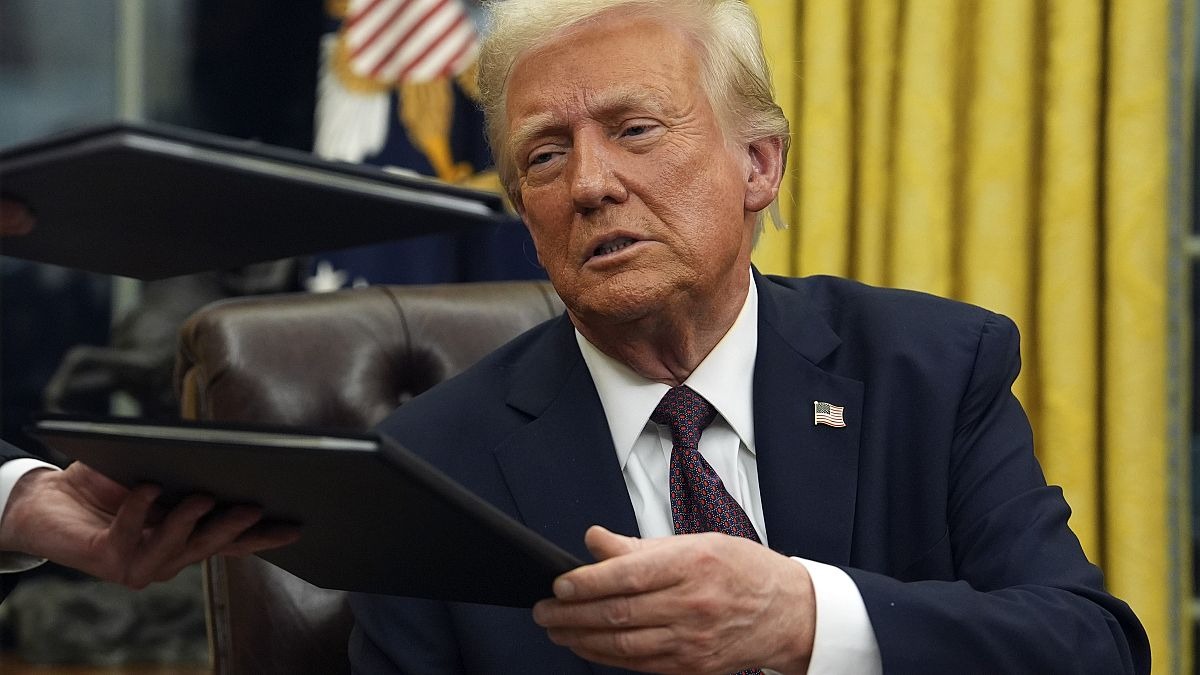
Trump Signs Order to Pull US Out of WHO
US President Donald Trump has signed an executive order initiating the withdrawal of the United States from the World Health Organization (WHO). The order, issued on Monday, marks Trump’s latest controversial move following his return to the presidency. The executive order cited multiple reasons for the withdrawal, including the WHO’s alleged mishandling of the COVID-19 pandemic, failure to …
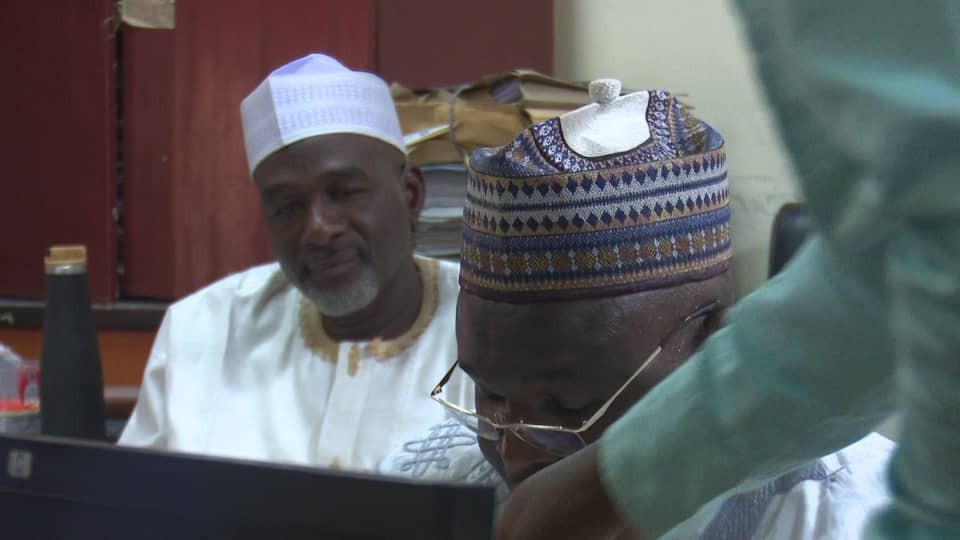
Five Katsina Revenue Officials in EFCC Net Over Alleged N1.29 Billion Fraud
The Economic and Financial Crimes Commission (EFCC) has detained five officials of the Katsina State Internal Revenue Service over allegations of diverting N1.29 billion in state funds. In a statement on Monday, EFCC spokesperson Dele Oyewale revealed that the suspects colluded to misappropriate funds meant for the Katsina State Government. The detained officials are Rabiu Abdullahi, Sanusi Mohammed Yaro, Ibrahim Kofar Soro, Ibrahim Aliyu, and Nura Lawal Sauri. …
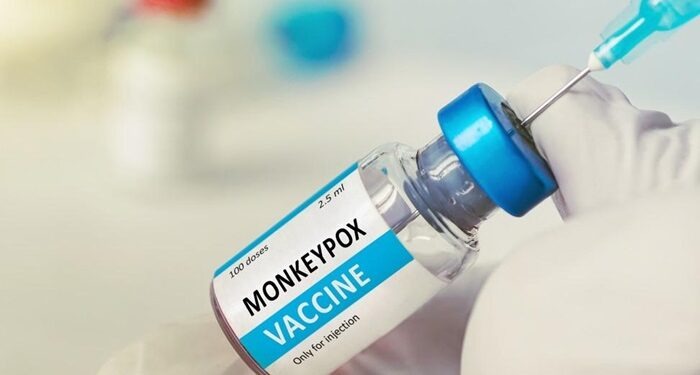
WHO allocates 899,000 mpox vaccines to Nigeria, 8 African countries amid surges
An initial 899,000 vaccine doses have been allocated to Nigeria and 8 other countries across Africa that have been hit hard by the current mpox surge, the WHO and other health organizations said on Wednesday. The newly allocated vaccines will go to the Central African Republic, Ivory Coast, the Democratic Republic of Congo, Kenya, Liberia, …
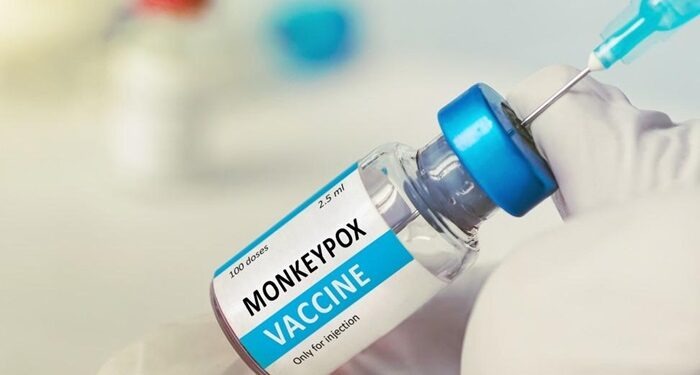
WHO, Africa CDC support mpox vaccination in Nigeria, 16 other African countries amid short supply
Nigeria, along with 16 other African countries, to receive support from the World Health Organization and the Africa Centres for Disease Control and Prevention to enhance mpox vaccine preparedness amid a shortage of supplies. Experts from both organizations have pledged to support the development of targeted mpox vaccine preparedness and deployment plans to ensure the …
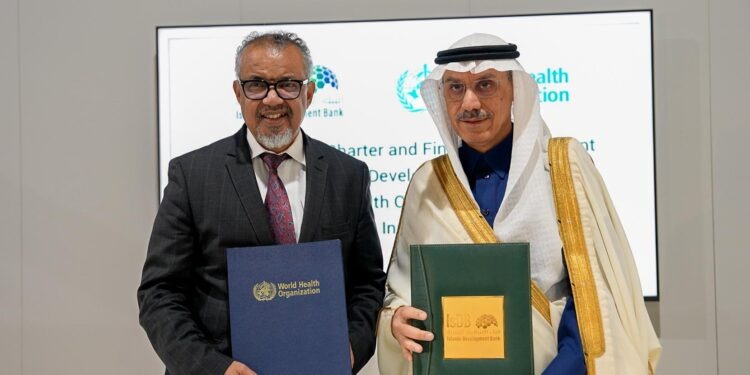
COP29: Islamic Development Bank grants $10m to WHO for Health Impact Investment
The Islamic Development Bank (IsDB) has committed a $10 million grant to the World Health Organization (WHO) to support the Health Impact Investment Platform (HIIP), bolstering its mission to strengthen primary healthcare systems worldwide. Announced on November 12, 2024, during the UN Climate Change Conference (COP29) in Baku, the grant highlights IsDB’s dedication to enhancing …
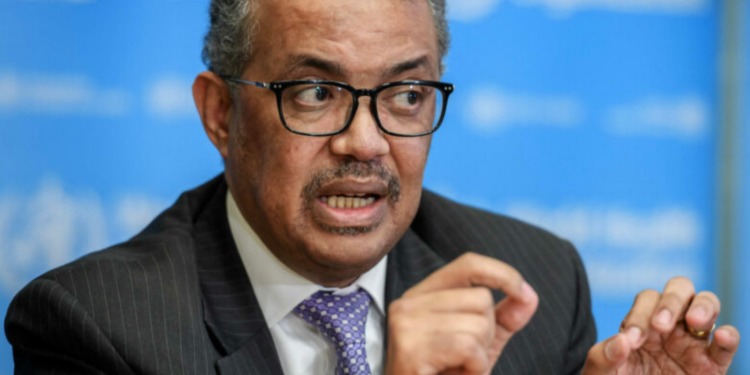
COP29: WHO director-general urges global readiness to tackle health threats
The Director-General of the World Health Organization (WHO), Tedros Adhanom Ghebreyesus on Tuesday urged countries to take proactive measures to prevent the recurrence of pandemics and the spread of new viruses. Addressing leaders, scientists, and health advocates at the COP29 summit in Baku, Azerbaijan, Ghebreyesus said analysis and predictions regarding the probability of recurrence of …
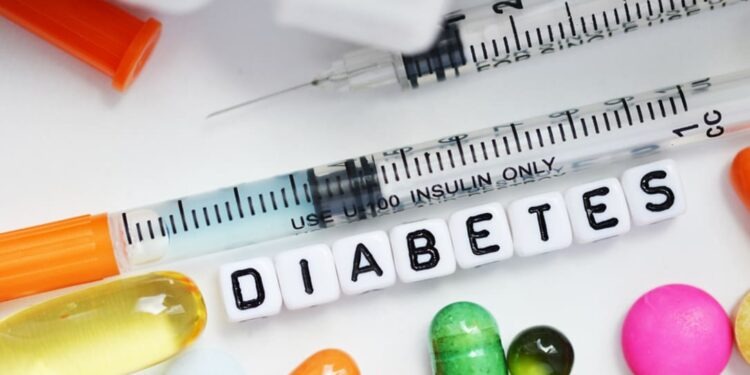
Africa’s diabetes cases could increase to 54 million by 2045 – WHO warns
The World Health Organization (WHO) says the number of people living with diabetes in Africa will likely rise to 54 million in 2045 unless urgent action is taken to mitigate it. WHO Regional Director for Africa, Dr. Matshidiso Moeti, said this on Thursday, in her message to celebrate World Diabetes Day with the theme” Breaking …